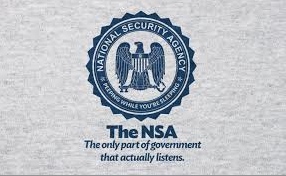This past Friday, Internet activist Jeremy Hammond stood in a federal courtroom and told Judge Loretta A. Preska why he released a trove of emails and other information uncovering the possibly illegal and certainly immoral collaboration of a major surveillance corporation called Stratfor with our government.
He also stressed what followers of his case already knew: that his activities were encouraged, organized and facilitated by an FBI informant turned operative. In short, his partner in these “violations of United States law” was the government of the United States.
He acknowledged that the Judge could sentence him to 10 years in jail but he never apologized for his actions or questioned their validity as political activism. And, in a statement remarkable for his courage and political principle (after 20 months in jail on this case), he established himself as one of the heroes of the struggle over for freedom and justice.
In a world in which people often seek to defend themselves in court by questioning whether they did what they are accused of, Hammond defended himself by saying that he did what they said he did and more — and that he was right to do it.
 Jeremy Hammond; principles and courage
Jeremy Hammond; principles and courage
“The acts of civil disobedience and direct action that I am being sentenced for today are in line with the principles of community and equality that have guided my life,” he told the court. “I hacked into dozens of high profile corporations and government institutions, understanding very clearly that what I was doing was against the law, and that my actions could land me back in federal prison. But I felt that I had an obligation to use my skills to expose and confront injustice–and to bring the truth to light.”







